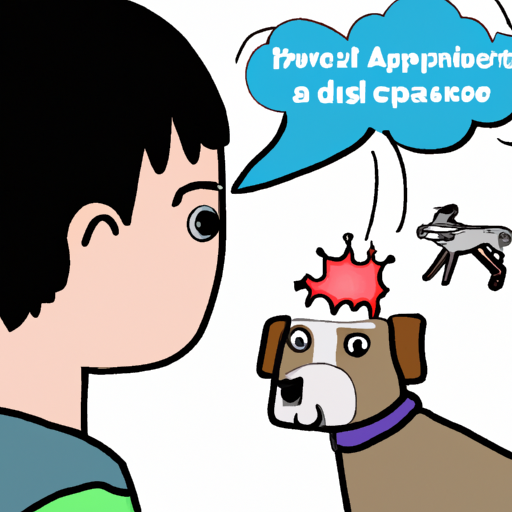Introduction
You come home from a long day’s work, and there’s your beloved dog, with a mouth full of foam. It’s an unsettling sight, isn’t it? You might be wondering what’s causing this unusual behavior. As a caregiver, it’s important to know the possible reasons and what to do about them.
Common Causes
1. Excitement or Exertion
Dogs often salivate more when they’re excited or exercising. This can lead to foaming at the mouth. If your dog has been running around a lot or is particularly excited, this could be the reason.
2. Nausea or Indigestion
Just like humans, dogs can experience digestive issues which can cause excessive salivation. This may appear as foaming at the mouth.
3. Oral and Dental Issues
Problems in your dog’s mouth can lead to increased salivation. This could be due to a dental issue, an oral injury, or something stuck in their mouth or throat.
4. Rabies
This is probably the first thing that comes to mind when you see a dog foaming at the mouth. While it’s a possibility, it’s important to remember that rabies is relatively rare.
5. Poisoning
If your dog ingests something toxic, it could cause them to foam at the mouth. This is a medical emergency and requires immediate attention.
When to See a Vet
If your dog is foaming at the mouth, it’s important to monitor them closely. Look for other signs of distress, such as:
- Changes in behavior
- Loss of appetite
- Difficulty breathing
- Vomiting or diarrhea
If you observe any of these symptoms, seek veterinary attention immediately.
Prevention Measures
Here are some steps you can take to prevent your dog from foaming at the mouth:
- Keep a clean environment: Make sure your dog’s surroundings are clean and free from potential hazards.
- Regular dental check-ups: Regular dental care can prevent oral issues that lead to foaming at the mouth.
- Proper diet and exercise: A healthy lifestyle can prevent many health issues, including digestive problems.
Frequently Asked Questions
Q1: Can foaming at the mouth be a sign of stress?
Yes, stress can cause a dog to foam at the mouth.
Q2: Should I always take my dog to the vet if they’re foaming at the mouth?
Not always, but if it’s accompanied by other symptoms or if it persists, you should seek veterinary attention.
Q3: Can certain foods cause a dog to foam at the mouth?
Yes, spicy or unusual foods can cause a dog to foam at the mouth.
Remember, as a caregiver, it’s your responsibility to ensure your dog’s well-being. If you’re ever in doubt, it’s always best to consult with a vet.



